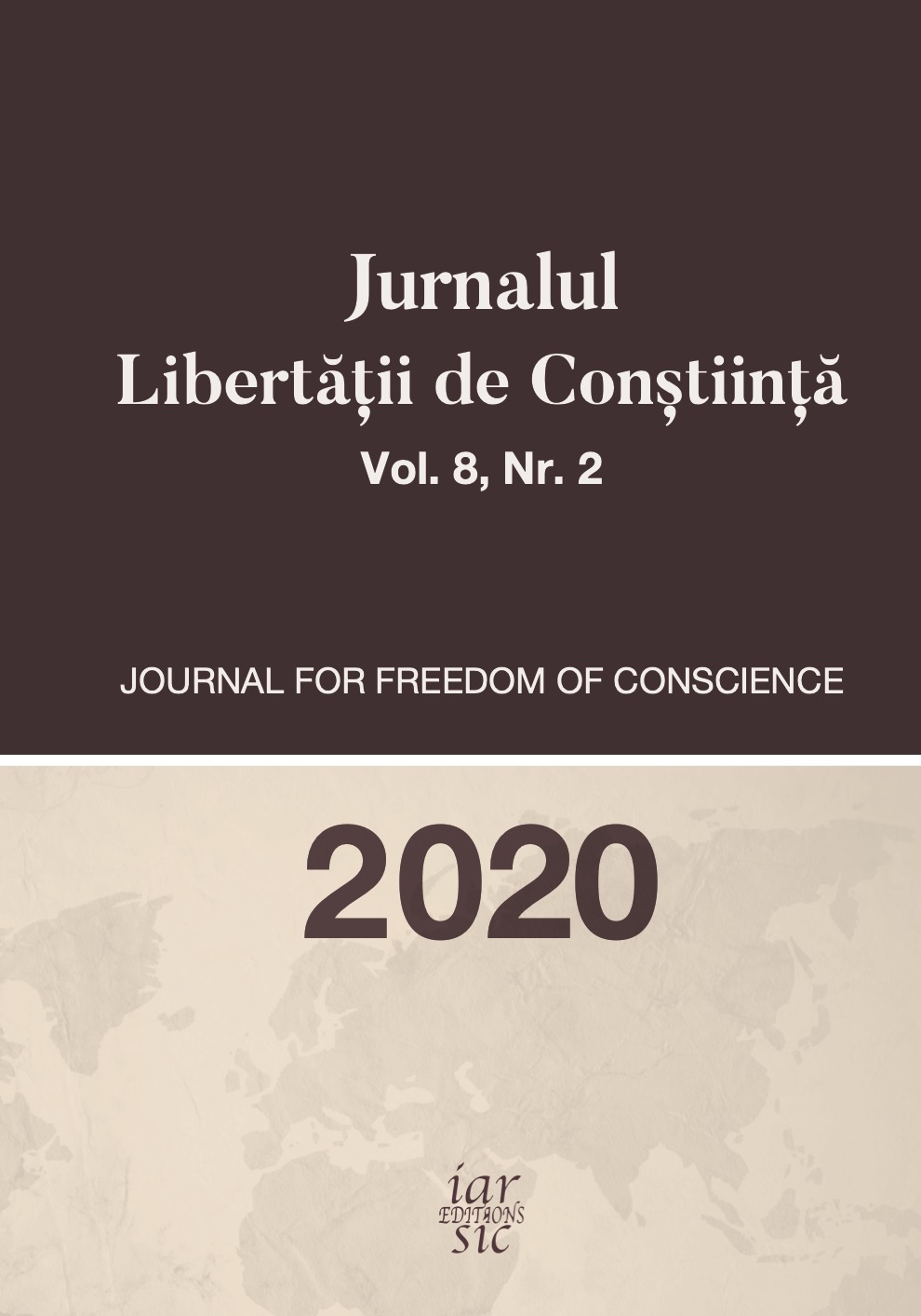LIBERTATEA DE CONȘTIINȚĂ ÎN TEOLOGIA ȘI PRACTICA REFORMATORILOR ANABAPTIȘTI DIN SECOLUL AL XVI-LEA CU IMPLICAȚII CONTEMPORANE
Freedom of Conscience in Theology and the Practice of 16th- Century Anabaptist Reformers with Contemporary Implications
Author(s): Alexandru IvanSubject(s): Christian Theology and Religion, History, Comparative history, 16th Century, History of Religion
Published by: Editions IARSIC
Keywords: anabaptist; freedom of conscience; baptism; relationship between state and church; religious tolerance;
Summary/Abstract: In the present article we will start to establish the importance of the freedom of conscience from the anabaptist theology and practice. We are interest to find out the role of anabaptist leaders, trough their writings and their testimony in the middle of XVI century. The importance of freedom of conscience is so disputed in our age, and we will find out how this anabaptist movement had promote this principal in her theology. It is also important to understand the importance of separation between state and the church promote by trough this movement. The existence of this hybrid is the major problem and the practice of baptizing children is the most important disputed doctrines between anabaptist movement and the other parts of the Reform.
Journal: Jurnalul Libertății de Conștiință
- Issue Year: 8/2020
- Issue No: 2
- Page Range: 126-143
- Page Count: 18
- Language: Romanian

